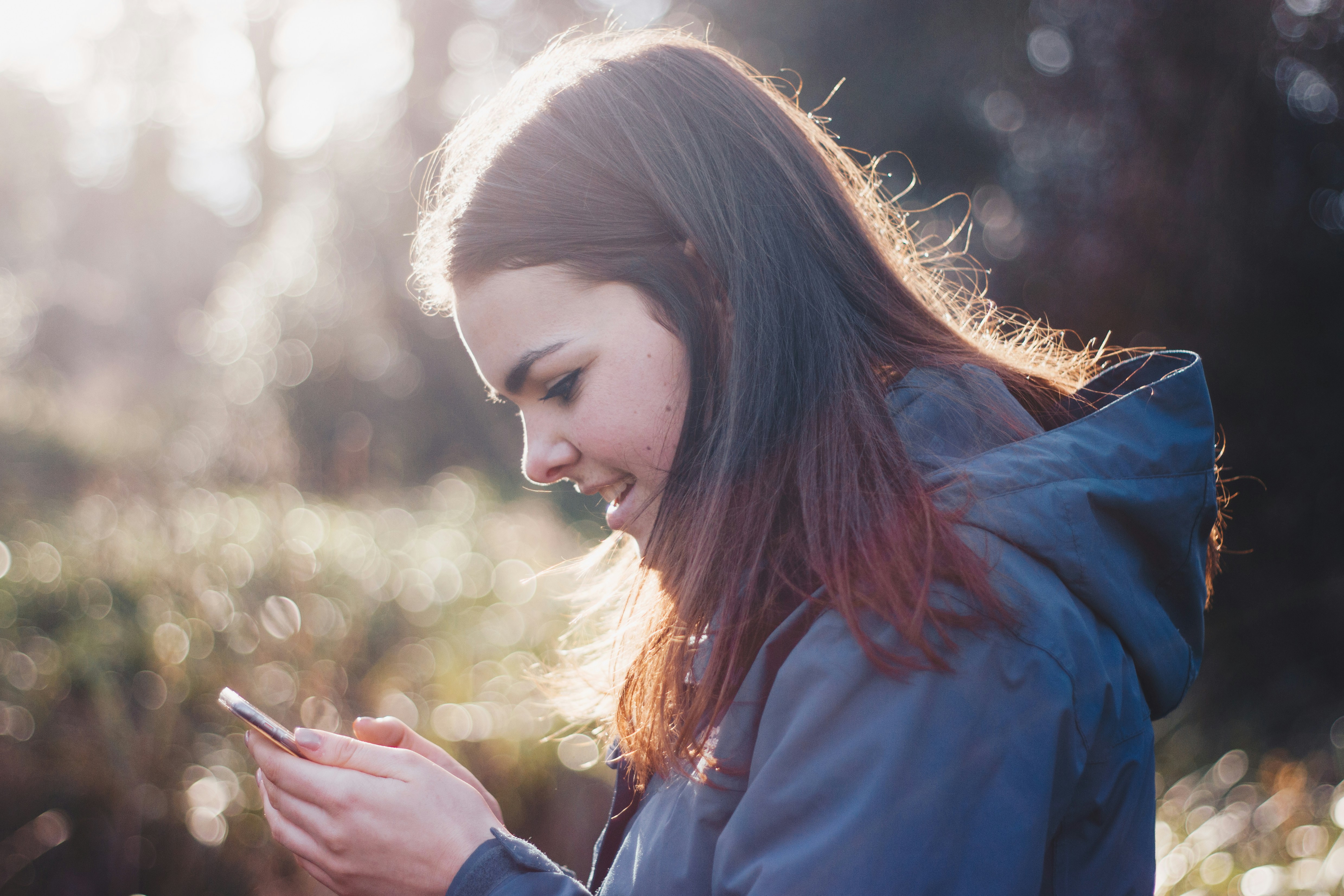News release
From:
Which adolescents are at risk of depression following early social media use?
A new study that looked for relationships between early social media use and depression across adolescence and into young adulthood found that certain factors may make social media more risky or protective regarding depression. The findings, which are published in the Journal of Adolescence, suggest that social media use does not impact all adolescents in the same way, and an individualized approach is needed to determine the benefits and harms of social media on young people’s mental health.
For the study, 488 adolescents living in the United States were surveyed once a year for 8 years (beginning in 2010 when the average age for participants was 13 years old). The investigators found 5 classes that differed in how self-reported social media use duration related to depressive symptoms. Although high amounts of reported social media use was often related to larger increases in depressive symptoms, this was not universal.
Social media use was related to increased depression for adolescents with greater parental hostility, peer bullying, anxiety, reactivity to stressors, and lower parental media monitoring. With many other characteristics and factors, social media use was related to less depression or was unrelated to depression.
“When thinking about whether social media may impact a particular teen, it's important to take a broad perspective. If the teen is already in a vulnerable position (being bullied or having hostile parents or parents who don't monitor their teen's media) then social media is much more likely to be harmful. This is especially true if there is more than 3+ hours of use a day,” said corresponding author W. Justin Dyer, PhD, of Brigham Young University. “However, if their friends and parents are warm and supportive, and the parents monitor their teens' media use, moderate amounts of social media use (less than 3 hours a day) may be a good thing. Teens appear to be greatly benefited when parents provide guidance as they navigate social media. That guidance may make all the difference.”



 International
International



